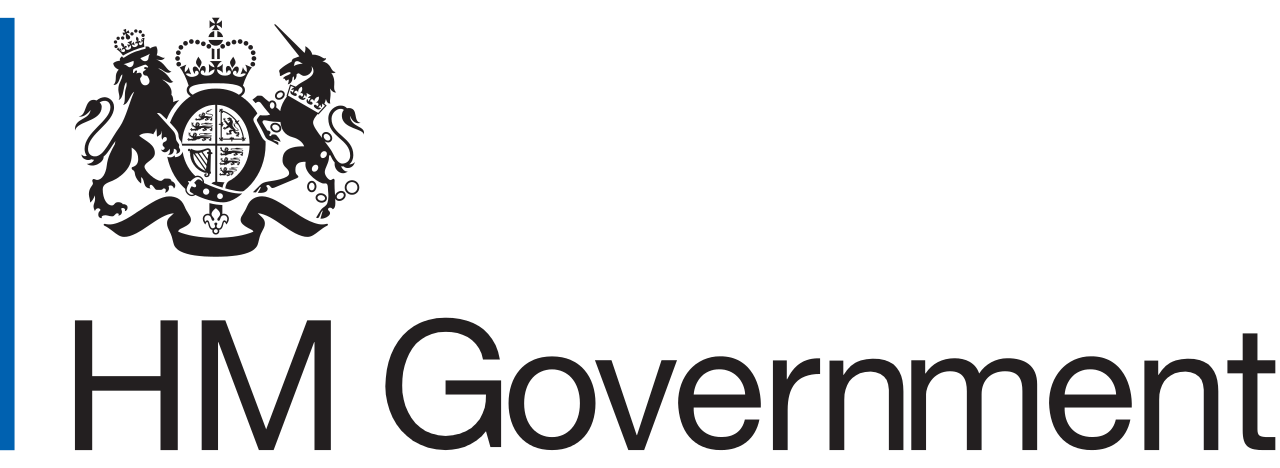The United Kingdom has historically played a leading role in developing parliamentary democracy and in advancing literature and science. At its zenith in the 19th century, the British Empire stretched over one-fourth of the earth's surface. The first half of the 20th century saw the UK's strength seriously depleted in two world wars and the Irish Republic's withdrawal from the union. The second half witnessed the dismantling of the Empire and the UK rebuilding itself into a modern and prosperous European nation. As one of five permanent members of the UN Security Council and a founding member of NATO and the Commonwealth, the UK pursues a global approach to foreign policy. The Scottish Parliament, the National Assembly for Wales, and the Northern Ireland Assembly were established in 1999. The latter was suspended until May 2007 due to wrangling over the peace process, but devolution was fully completed in March 2010.
The UK was an active member of the EU from 1973 to 2016, although it chose to remain outside the Economic and Monetary Union. However, frustrated by a remote bureaucracy in Brussels and massive migration into the country, UK citizens on 23 June 2016 narrowly voted to leave the EU. The so-called “Brexit” will take years to carry out but could be the signal for referenda in other EU countries where skepticism of EU membership benefits is strong.
Members:
Resources
Displaying 301 - 305 of 782Planning (Hazardous Substances) Regulations (Northern Ireland) 1993 (S.I. No. 275 of 1993).
These Regulations implement provisions of the Planning (Northern Ireland) Regulations 1991 which provide that the presence of or above the controlled quantity of a hazardous substance on, over or under land, requires hazardous substances consent.
Nature Conservation (Scotland) Act 2004 (2004 asp 6).
The Act sets out a series of measures which are designed to conserve biodiversity and to protect and enhance the biological and geological natural heritage of Scotland. In doing so, the Act provides the principal legislative components of a new, integrated, system for nature conservation within Scotland. The Act also locates the conservation of biodiversity and of Scotland's natural environment within a wider British, European and global context.
Designation of Nitrate Vulnerable Zones (Scotland) Regulations 2002 (S.S.I. No. 276 of 2002).
These Regulations further implement in Scotland the requirements of Council Directive 91/676/EEC concerning the protection of waters against pollution caused by nitrates from agricultural sources. The objective of the Directive is to ensure that measures are taken to reduce and prevent nitrate pollution from agricultural sources. It provides a framework for action to reduce nitrate levels in the catchments of rivers and groundwater sources affected by such pollution, and to reduce eutrophication of freshwater bodies, estuaries, and coastal waters.
Marine Management Organisation (Prescription of Powers to Fix Fees and Charges) Order 2010 (S.I. No. 603 of 2010).
This Order sets out, in the Schedule, powers of the Secretary of State to fix a fee or charge prescribed for the purposes of section 17 of the Marine and Coastal Access Act 2009.
Implements: Marine and Coastal Access Act 2009 (Cap. 23). (2009-12-11)
Agricultural Holdings (Scotland) Act 2003 (2003 asp 11).
The Act consists of 95 sections divided into 8 Parts. In Chpater I of Part I the various types of agricultural tenancy are defined. Chapter 2 contains general provision as to new types of tenancy. Part 2 provides for the tenant's right to buy land. Part III concerns diversification of use of land under agricultural tenancy. A tenant under a tenancy mentioned in section 39(1) who intends to use the land for a non-agricultural purpose must send a notice to the landlord. The landlord may object to the notice of diversification under certain circumstances (sect. 40).


